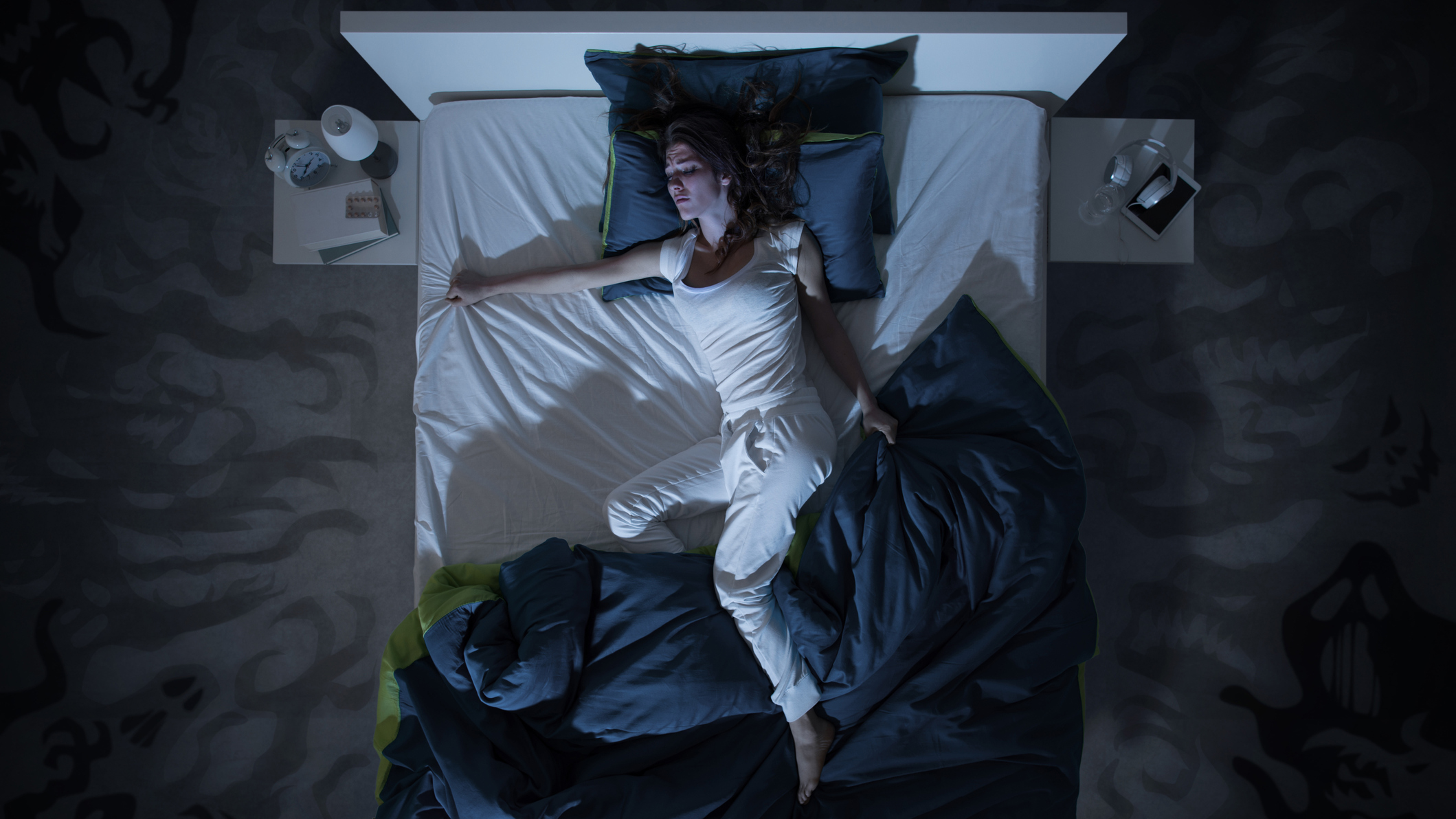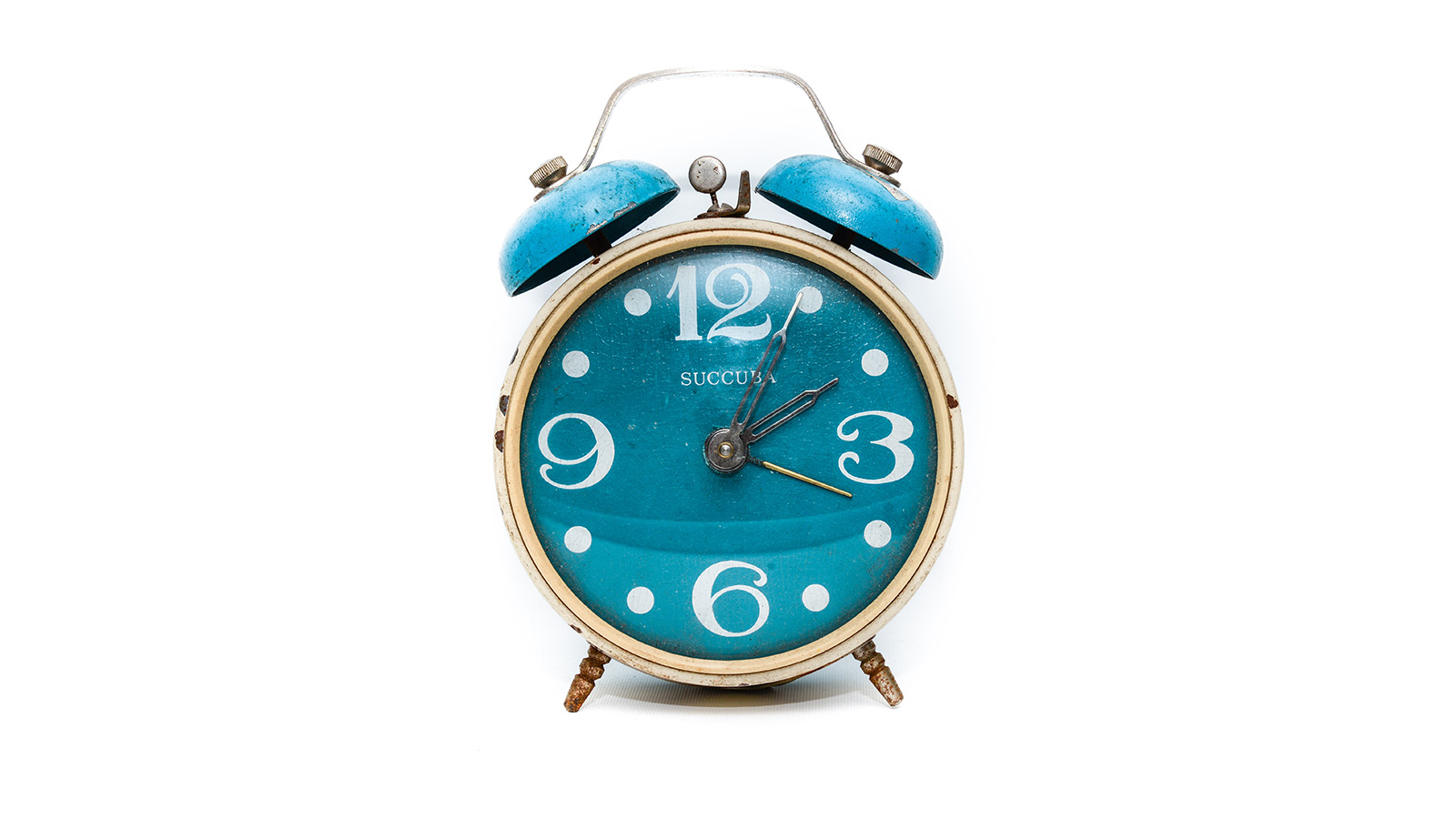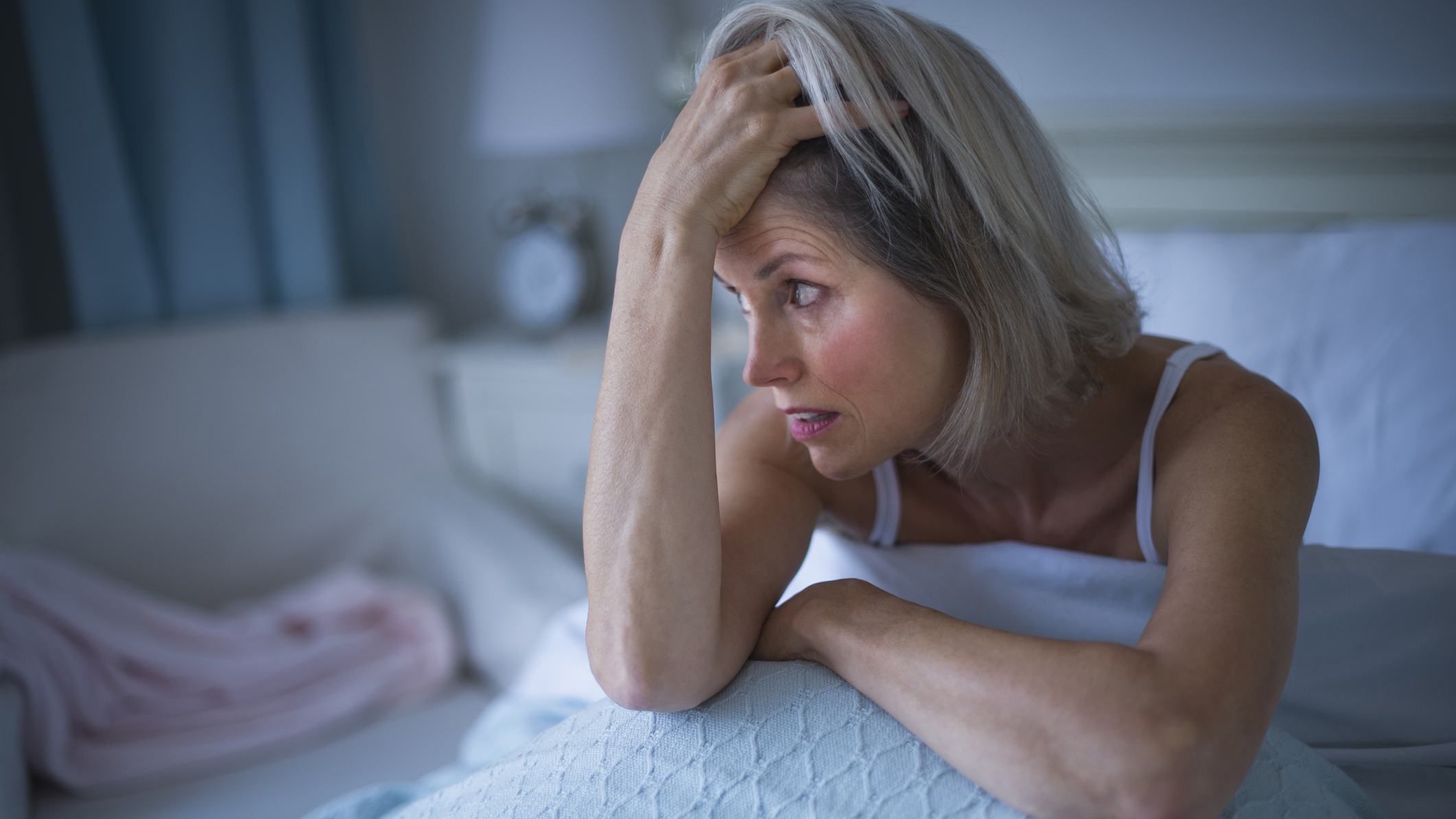Since the COVID-19 pandemic erupted earlier this year, millions of people have seen a steady decline in their quality and amount of sleep. From temporary insomnia to frequent waking, many of us aren’t sleeping as well as we used to, and for many Americans the pandemic has a lot to do with it. A survey published by the American Academy of Sleep Medicine (AASM) has revealed that one in five of us are sleeping worse than before the pandemic.
19% of respondents also said they are getting less nightly sleep, which can lead to feelings of frustration, irritability and low mood. The AASM annual survey also found that 20% of Americans now find it harder to fall asleep at night, with stress and anxiety being major factors. After all, you can have the best mattress and pillows in the world, but if a global health pandemic is affecting your sleep, you’ll need more than a great bed to help you get back on track (as we’ll come to shortly).
The AASM Sleep Prioritization Survey also found that:
- 30% of respondents said they now have trouble staying asleep
- 39% of parents report that their sleep quality has been impact by the pandemic compared to 27% of non-parents
- 23% of female respondents report getting less sleep compared to 15% of male respondents
- 25% of women reported new later bedtimes compared to 15% of men
- 19% of women also reported new later wake times compared to 11% of men
The 2020 AASM Sleep Prioritization Survey involved over 2,000 adults, with a sample base including 1,005 adults who have children aged between five and 18 years old. The survey dug into topics such as sleep quality, ability to fall asleep, nightly amount of sleep, and bedtime consistency (sleep routine).
“Factors such as increased stress and anxiety, an uptick in screen time and a lack of exercise can significantly affect the amount and quality of sleep we get,” said AASM President Dr Kannan Ramar.

Interestingly, 19% of respondents said they have seen an increase in the amount of ‘disturbing dreams’ they’re having, citing worries about the coronavirus itself, concerns for family and friends, and pandemic-related money woes as triggers. Increased social isolation, upheaval of daily routines, plus working from home and have also contributed towards a barrage of new sleep problems for Americans.
Enjoy better sleep with these expert-approved tips
Getting regular, good quality sleep helps strengthen your immune system, improves your mental wellbeing, and increases your ability to handle stress. There are numerous other health benefits of sleep too, including heart health, so it’s important to get your sleep back on track if you’re currently struggling.
According to the American Academy of Sleep Medicine, the following tips for better sleep can quickly make a difference to how well you snooze. They’re worth trying, but we’d recommend introducing a couple at a time to avoid feeling overwhelmed…
Create a new sleep schedule and stick to it
Restarting your sleep schedule can be exhausting to begin with. Stick with it though, and within a few weeks you’ll start waking up more naturally, and, more importantly, your body will start falling asleep at the same time each night.
The AASM says that, ‘One of the most important things you can do to get good sleep is to set and keep a consistent sleep schedule. Even if your bedtime or wake time has changed due to the pandemic, try to get at least seven hours of sleep by going to bed and getting up at the same time every day, including weekends and holidays.’

Turn your bedroom into a calm environment
Sadly, sitting up in bed to binge-watch your new favorite Netflix squeeze won’t help your sleep, unless you’re one of the rare few who are unaffected by the blue light from screens close to bedtime. Either way, creating a peaceful bedroom setting is much more beneficial to your sleep.
The AASM advises: ‘Keep the noise and distractions outside to a minimum by making your bedroom quiet, dark and a little bit cool – and only use the bed for sleeping, not watching TV or reading.’ You could also play around with gentle mood lighting and aromatherapy (if you have an essential oil diffuser that uses a timer).
Develop a nighttime routine
‘With all the unrest in the world, it’s essential to schedule at least 30 minutes to unwind before bed,’ the AASM advises. ‘Consider developing a relaxing nightly routine, which may include reading, meditating or taking a warm bath or shower.
In addition to creating a calm environment, consider using the last 30 minutes or so before sleep to properly unwind your body and brain. If you’re dealing with racing thoughts, fire up one of the best meditation apps and use calming sleep sounds to relax. Tense muscles? Try self-massage with one of the best handheld massagers.
Looking for more sleep content? Take a look at our guide to the best cooling mattresses, or snap up a bargain with the latest Purple mattress Black Friday deals, the new Casper mattress Black Friday deals, or the Saatva Black Friday discounts.

